7 Retail Chains Struggling With Rising Costs Right Now
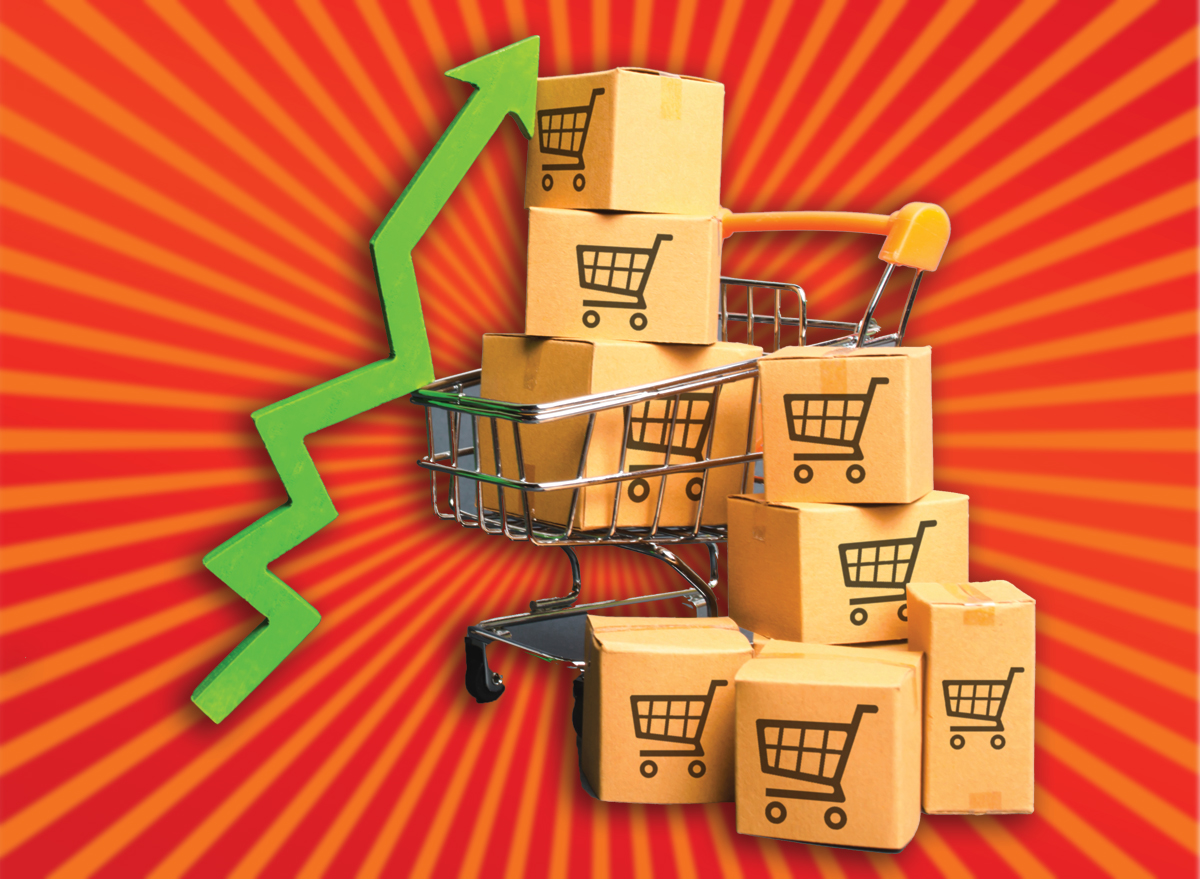
President Donald Trump's tariffs are impacting prices and sales on everything from food to real estate. However, some companies, especially those that rely on international suppliers, are being hit harder than others. As the trade war intensifies and more import and export taxes start impacting prices, some retail chains are being hit hard. Here are 7 of them struggling with rising costs right now, which may trickle down to you.
Best Buy

Best Buy, which primarily sells electronics, many of which are made abroad or domestically with imported parts, has experienced significant financial stress due to the tariffs. "International trade is critically important to our business and industry. The consumer electronics supply chain is highly global, technical and complex. China and Mexico remain the No. 1 and No. 2 sources for products we sell, respectively. While Best Buy only directly imports 2% to 3% of our overall assortment, we expect our vendors across our entire assortment will pass along some level of tariff costs to retailers, making price increases for American consumers highly likely," Best Buy CEO Corie Barry recently said.
Target
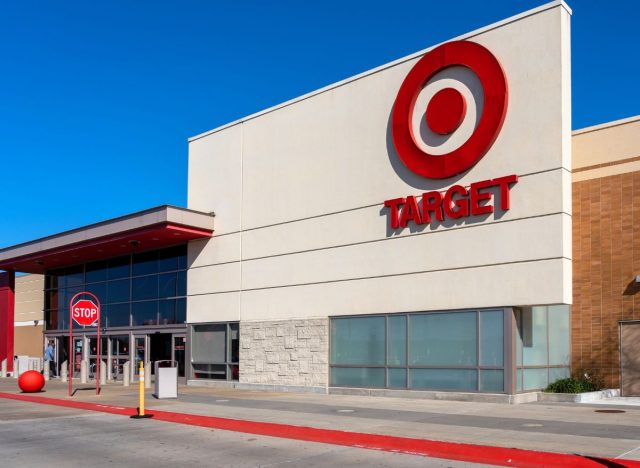
Target CEO Brian Cornell revealed that tariffs immediately impacted the chain because it imports much of its fruit and vegetables from Mexico during the winter, according to CNN. "We'll try to protect pricing, but the consumer will likely see price increases over the next couple of days," Cornell said.
Walmart
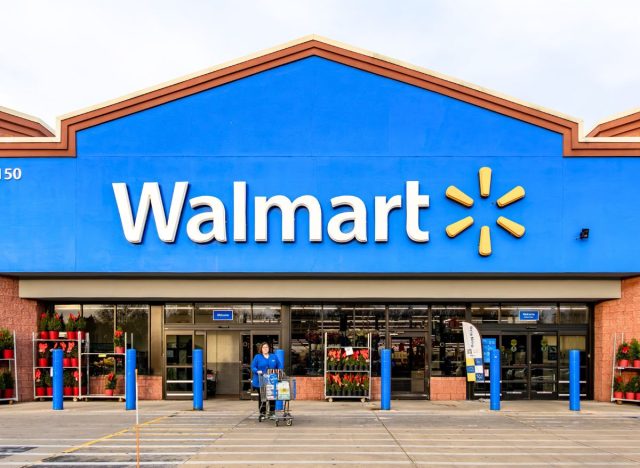
Walmart is another chain that has confirmed it has been hit by rising costs due to tariffs. "We never want to raise prices," Walmart CFO John David Rainey told CNBC when asked about how they would react to them. He added, "there probably will be cases where prices will go up for consumers."
Chiptole
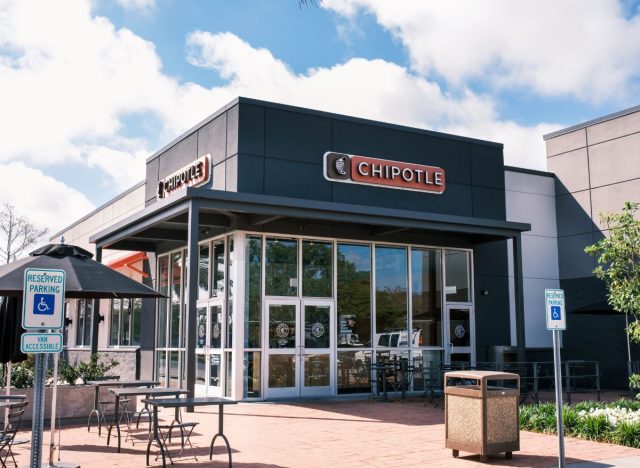
Chipotle, which sources about half of its avocados from Mexico, told NBC News it will absorb the costs of the tariffs without raising prices. However, the company just had its worst quarter in five years, with same-store sales falling 0.4% in Q1, the first quarter of 2025. Overall, restaurant transactions fell 2.3%.
Lululemon

Lululemon's trademark leggings are getting more expensive to make. Vietnam, currently amid a tariff war, produces about 40% of Lululemon's merchandise, according to The Wall Street Journal, and stocks dived as a result. The company might be "in the tariff bullseye," William Blair analyst Sharon Zackfia wrote in a note to clients, estimating that if the brand opted to pass on the cost of tariffs to American consumers fully, there would be "across-the-board" price increases of 11% to 12%.
Nike
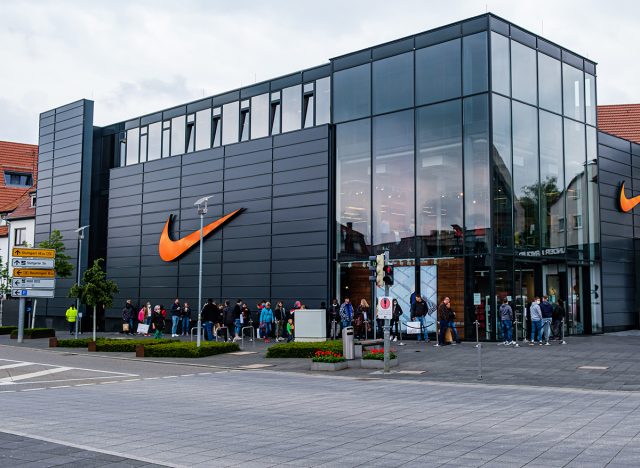
Like Lululemon, many Nike products are made in Asia, especially in China and Vietnam. Even if people continue buying lots of shoes, profit margins will likely decrease as a result of the tariffs.
Home Depot
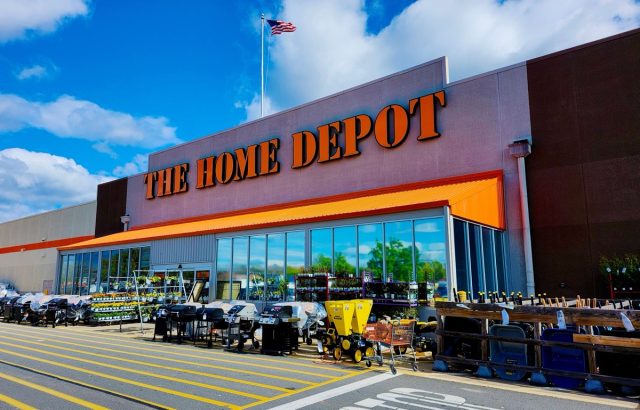
Home Depot's CEO is working to keep prices down for customers. "Whatever happens in tariffs will be an industry-wide impact, it won't discriminate against different retailers and distributors who are importing goods. The type of product as an industry is generally sourced from the same countries," Ted Decker, Home Depot Chair, President and Chief Executive Officer, said in an earnings call. "There has been some diversification of those sources, but clearly a bit of concentration in Southeast Asia and China in particular. We source well more than half of our goods domestically and in North America, but there certainly will be an impact."









